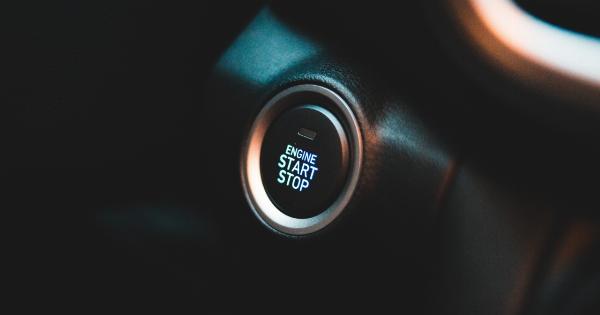Throughout our lives, we are faced with various situations that require us to make decisions. There are times when we have to choose between being cautious or emotional.
While caution helps us avoid potential dangers, being emotional helps us connect with others and enjoy life. It is a dilemma that has puzzled many, and in this article, we will explore the advantages and disadvantages of both approaches.
We will examine which exercise has more impact when it comes to being cautious or emotional so that you can make an informed decision about which approach is best for you.
Being Cautious
Cautious people tend to be more analytical and logical. They think before they act and weigh the pros and cons of every decision. They take their time before making decisions and avoid risks at all costs.
This approach helps them avoid potential danger and make more informed decisions.
However, being too cautious can also prevent people from taking necessary risks. It can make them stuck in their comfort zone and prevent them from experiencing new things.
Caution can also make people overly pessimistic and create anxiety and stress in their lives.
Being Emotional
Emotional people tend to be more impulsive and expressive. They make decisions based on their emotions and intuition rather than logic and reason. They enjoy taking risks and trying new things.
Being emotional helps people connect with others and experience life to the fullest.
However, being too emotional can also lead to impulsive decisions that have negative consequences. It can lead to poor judgment and lack of self-control.
Being overly emotional can also create stress and conflict in relationships, leading to a lack of intimacy and connection.
The Impact of Exercise
Both being cautious and emotional have their advantages and disadvantages, but which exercise has more impact? Is one approach better than the other when it comes to achieving success and happiness?.
When it comes to the impact of exercise, being cautious and emotional both have their benefits. Caution helps us avoid potential dangers and make more informed decisions.
It can protect our physical and emotional well-being and ensure that we make decisions that help us achieve our goals.
Emotions, on the other hand, have a significant impact on our relationships and overall well-being. They help us connect with others and build strong bonds.
Emotional people tend to be more empathetic and compassionate, which helps them develop strong relationships and have a positive impact on their community.
Which Exercise Is Better?
So, which exercise is better? The answer is that it depends on the situation.
There are times when caution is necessary to ensure our safety and well-being. For example, when crossing a busy street or investing in a risky business venture.
Being cautious can help us avoid potential dangers and make more informed decisions that lead to positive outcomes.
However, there are also times when being emotional is necessary to enjoy life to the fullest. For example, when experiencing a new relationship or pursuing a passion.
Being emotional can help us connect with others and experience joy and happiness in our lives.
The Middle Ground
Instead of choosing one approach over the other, it is possible to find a balance between caution and emotion. By finding the middle ground, we can make informed decisions that are also guided by our intuition and emotions.
For example, instead of avoiding all risks, we can take calculated risks that have the potential for positive outcomes. We can also listen to our intuition when making decisions that involve relationships and pursuing our passions.
Conclusion
In conclusion, the question of whether it is better to be cautious or emotional depends on the situation. Being cautious helps us avoid potential dangers, while being emotional helps us connect with others and experience joy and happiness.
By finding a balance between the two approaches, we can make informed decisions that are also guided by our intuition and emotions.






























